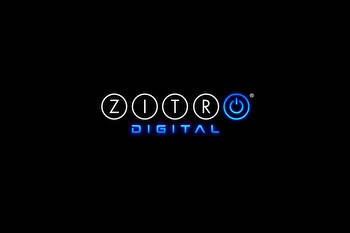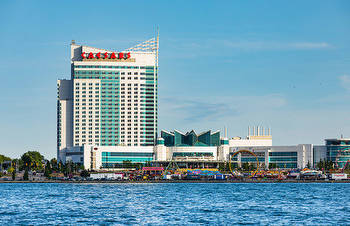Ontario’s new online gambling market delayed until mid-February, sources tell the Star

Ontario football fans planning to bet on this year’s Grey Cup or even the upcoming Super Bowl might have to continue placing wagers with the province’s lottery corporation.
That’s because the government is expected to delay the launch of the province’s new market for online gambling and sports bets into next year, according to industry sources, owing to bureaucratic delays in finalizing the terms and structure of the market.
The province had planned a December launch for the market, which will allow private-sector operators to offer online betting — on games like slots, blackjack and poker — and wagers on sporting events, in a regulated environment.
Ontario is set to be the first province to follow such a path, a bid to bring in some of the large international players from the grey market, while imposing responsible gambling standards and capturing tax revenues in the process. The government says Ontarians spend about $1 billion per year gambling online and 70 per cent of that goes to sites that are unregulated here.
In an August interview with the Star, Attorney General Doug Downey said he hoped the new market would be up and running in time for the Canadian Football League championship game, which will see the Winnipeg Blue Bombers and Hamilton Tiger-Cats face off on Sunday. Government websites have also indicated a December deadline for the launch.
But now, according to fiveindustry sources, the market is not likely to launch until mid-February at the earliest, which could also miss the Feb. 13 date for the National Football League’s Super Bowl. The Star is not identifying the sources because they spoke on condition of anonymity, concerned about job prospects and relationships with regulators and government.
Two sources said the timeline has been extended in part because policies remain outstanding around issues such as game conditions, data management and security requirements. This is also creating uncertainty for private operators contemplating applying for a licence and investing in the market, who will need time adjusting their own systems to comply.
Brian Gray, a spokesperson for the Ministry of the Attorney General, would not comment directly on the launch date for the online market.
“The government continues to work internally and with prospective operators to ensure the government (including iGO) and the operators are ready for launch,” he said, referencing iGaming Ontario, a new agency the province created in July to manage the market.
Until private operators can officially start offering their products, legal online betting in the province will continue to go through the Ontario Lottery and Gaming Corp., the crown corporation that runs gambling.
The federal government recently changed the criminal law to allow betting on single sporting events (previously only parlay betting on the outcome of multiple games at a time was permitted). But since that change came into force in August, only the OLG has been able to legally offer single-sport betting in the province.
Gambling is illegal in Canada but an exception in the Criminal Code permits provinces to “conduct and manage” it, which most have done through provincial lottery corporations.
When it came to deciding who would conduct and manage the privatized market for online gambling, the province bypassed the OLG and instead created iGaming Ontario, which is a subsidiary of the Alcohol and Gaming Commission of Ontario.
The AGCO itself is in charge of regulating gambling, which involves setting standards for responsible gambling and anti-money-laundering provisions.
A delay in the launch of the privatized online gambling market comes as the province’s auditor general said in a report last week that the framework Ontario is using could be subject to legal challenges.
“There are indicators that a significant amount of decision-making power and business risk will rest with private operators,” the report said. “As a result, there is legal risk with respect to whether iGaming Ontario meets the ‘conduct and manage’ threshold set out in the Criminal Code.”
Ron Segev, founding partner of gaming and betting law firm Segev LLP in Vancouver, raised similar concerns earlier this year in blog posts and during industry seminars.
He said in an interview that a potential court challenge could come from someone like a vendor that has made investments in their business based on the current model in which the OLG has a monopoly on gambling in the province.
“I would really like to see this model move forward in the successful manner,” Segev said, pointing to potential economic benefits, including high-paying jobs in the industry.
But he added he was disappointed that Ontario didn’t lobby the federal government to change the wording in the Criminal Code to allow provinces to simply “licence” gambling operators.
Gray said the Ministry of the Attorney General welcomed the auditor general’s report and said the province is “committed to creating a safe, regulated and competitive online gaming market to help protect consumers.”
“Ontario has carefully designed the online gaming model so as to achieve that objective in compliance with the requirements of the Criminal Code that apply to Ontario,” Gray said.






































